Ask anyone teetering on the brink of electric car ownership, or just discounting the idea altogether, what’s stopping them from pulling the trigger and the most likely answer is the high retail price.
It’s common knowledge that, almost without exception, EVs have a significantly higher price than their combustion counterparts (especially for EVs with a range of around 250 miles or more) and, for many, it’s too much to ask. So what will it take to make an EV affordable for more people? Is it even possible?
To understand how much something costs to buy, the first step is to know how much it costs to make. Andy Palmer was chief operating officer at Nissan and led the Nissan Leaf launch, having direct responsibility for the company’s electric vehicle and battery business.
“At the point of launch, the cost of goods sold was higher than the manufacturer’s suggested retail price. So it wasn’t just that we weren’t covering our overheads. We weren’t even covering the cost of the materials,” says Palmer.
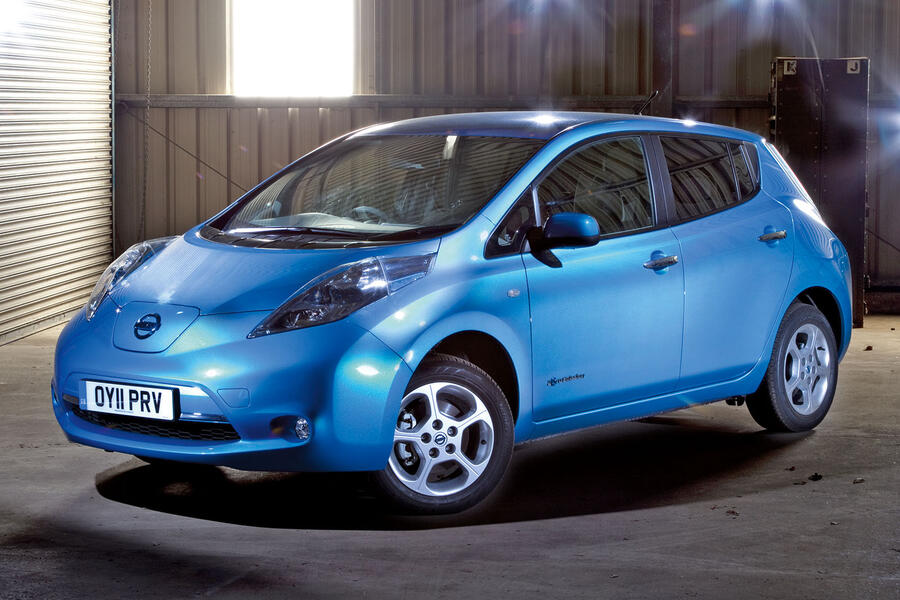
Back then, Nissan’s loss leader approach to the Leaf EV was a strategic decision similar to that taken by Toyota at the launch of the original Prius hybrid.
The EV, however, has a much bigger battery than a hybrid so Palmer continues with some basic maths: “Batteries have come down from around $1000 [£820] per kWh back then and today I would pitch them at around $150 [£123].
If we assume the thinking of manufacturers is that you need a 60kWh battery, that means the battery pack is costing them $9000 [£7380]. Add to that manufacturers’ overheads and a 15% dealer margin and the cost rises to around $41,500 [£34,000].

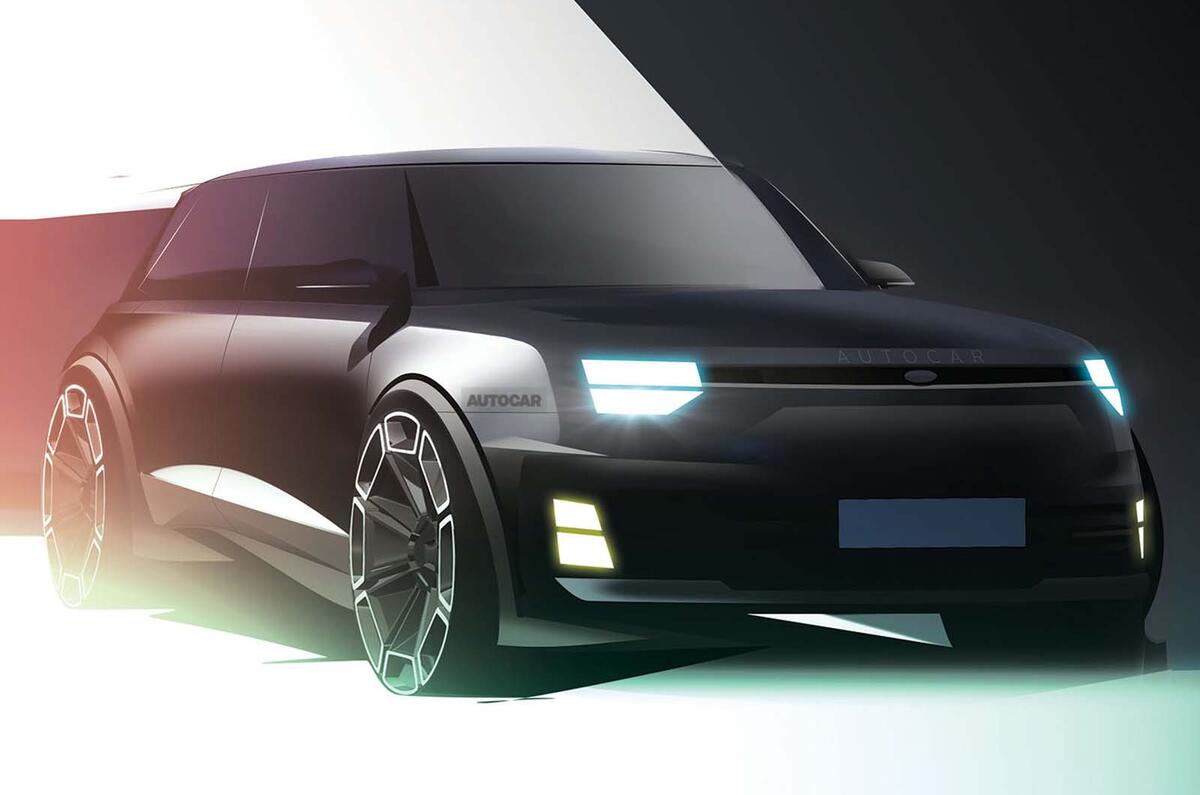

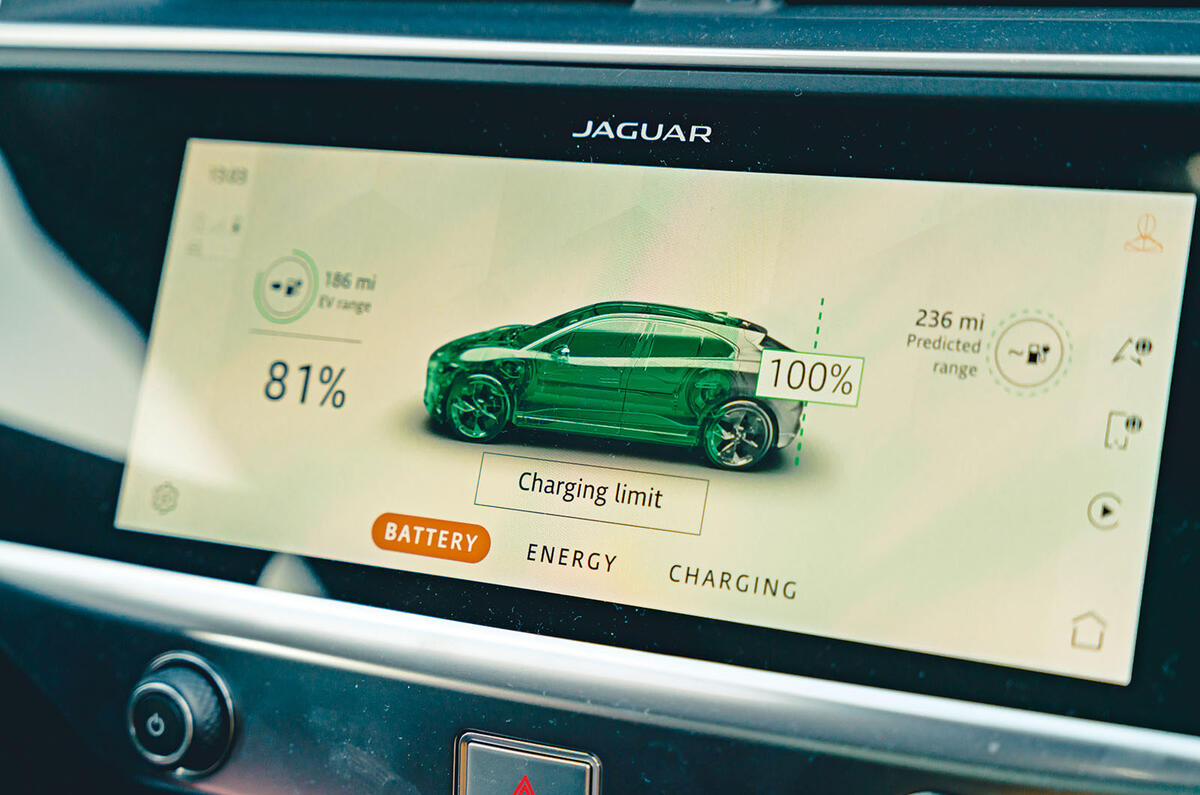
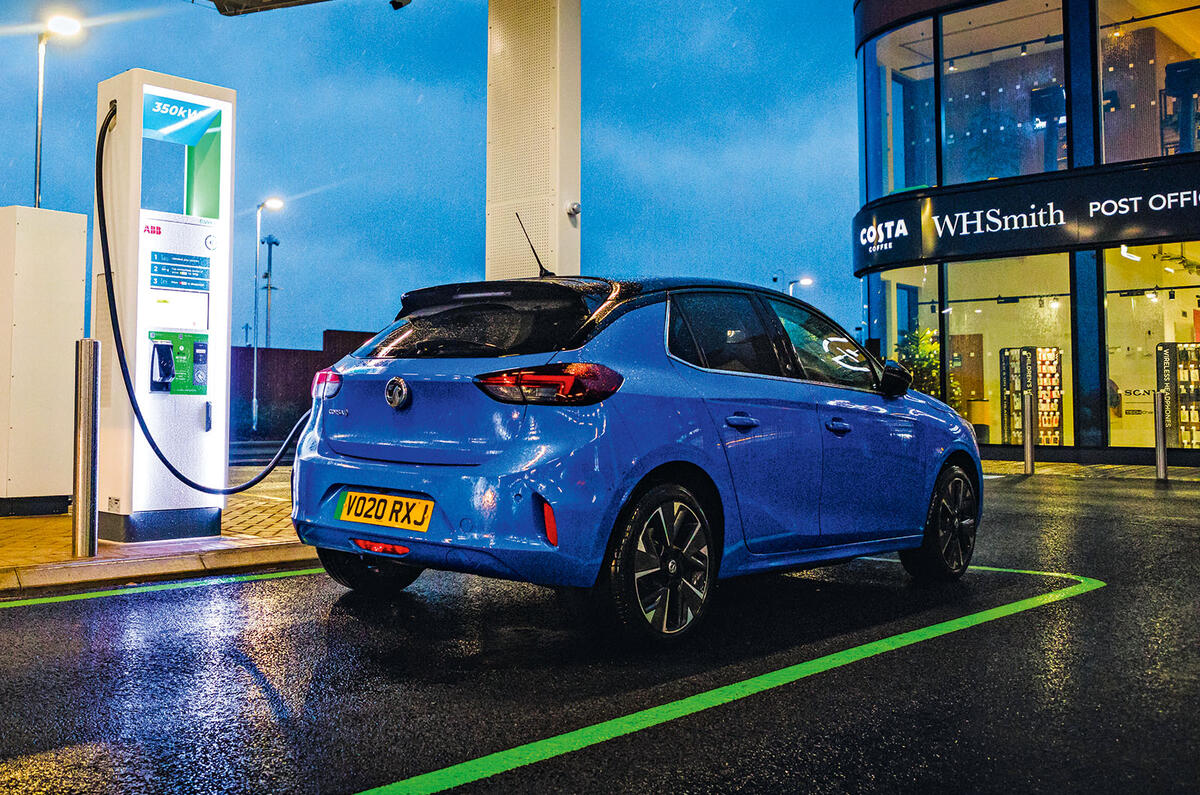
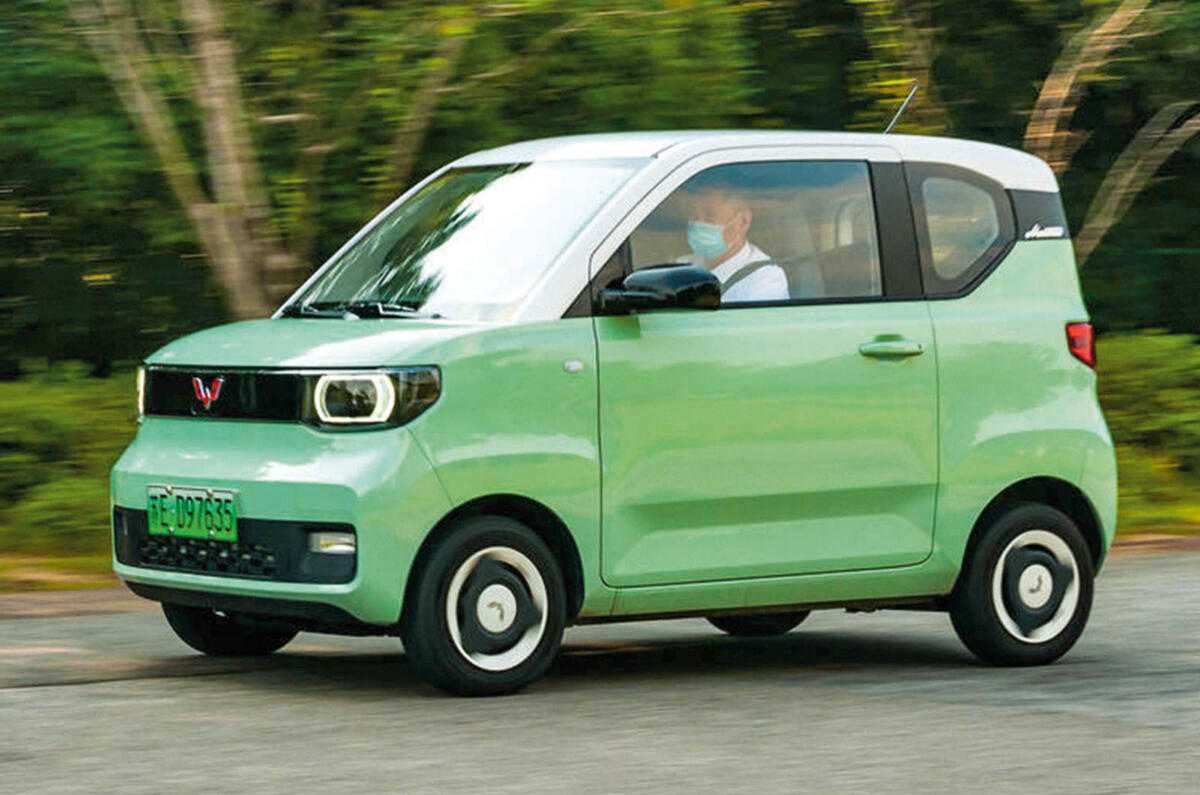



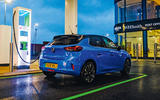


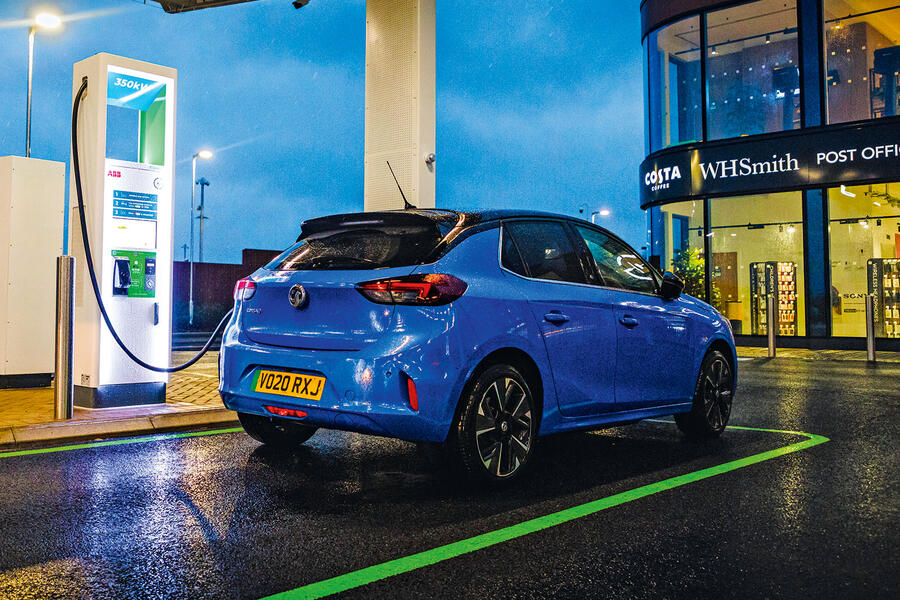
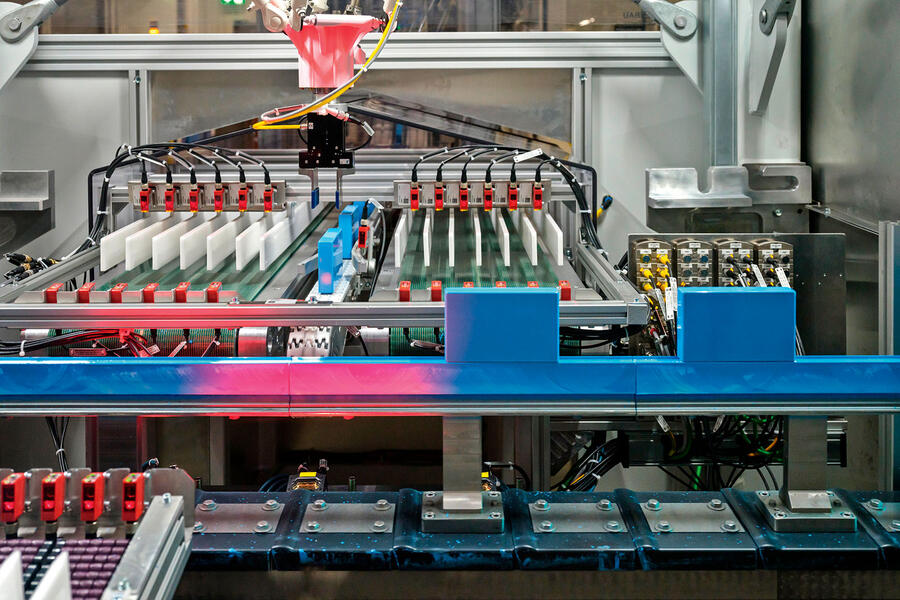
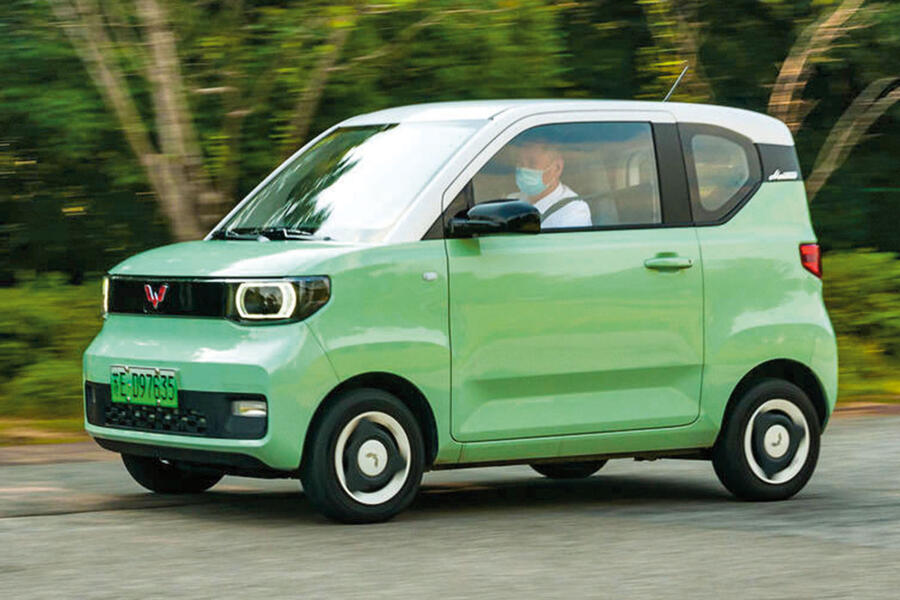


Join the debate
Add your comment
Series-hybrid (EV+range extender) is the answer here.
If the EV's had a 80-100 mile battery and an on-board 60hp (size of a small motorcycle engine) range-extender generator most people could cover all of their routine driving on battery while still being able to keep up motorway speeds on occasional long journeys.
The result would be cars cheaper & lighter than current EV's with no range anxiety, because of that the uptake would be massive, lithium/cobalt etc resources would stretch further & a larger proportion of miles would be driven purely on electricity.
Maybe then the problem is trying to cover their overheads with low volume and high margins, rather than cutting prices to drive volume and ultimately long term profitability from there like Tesla and the Chinese are doing?